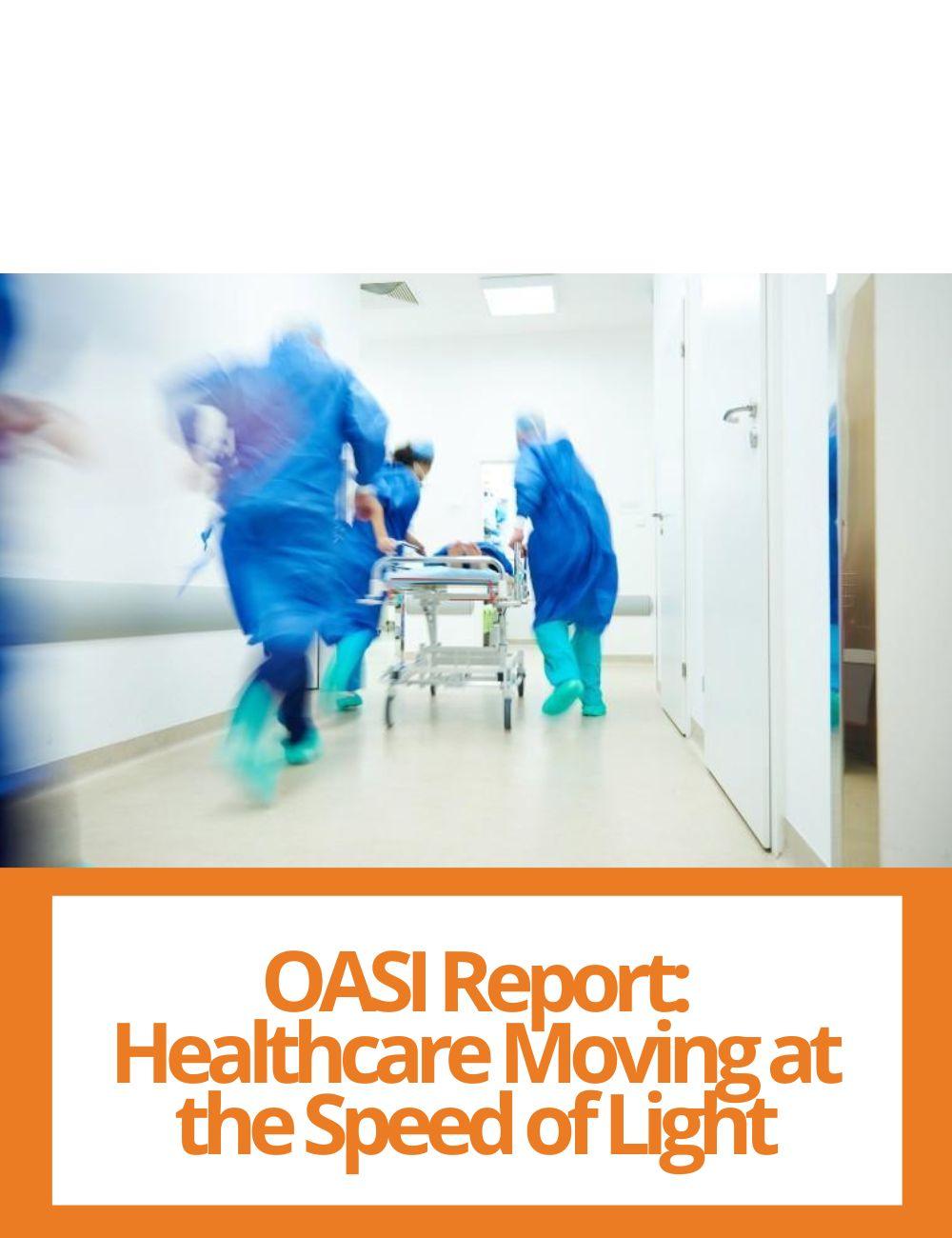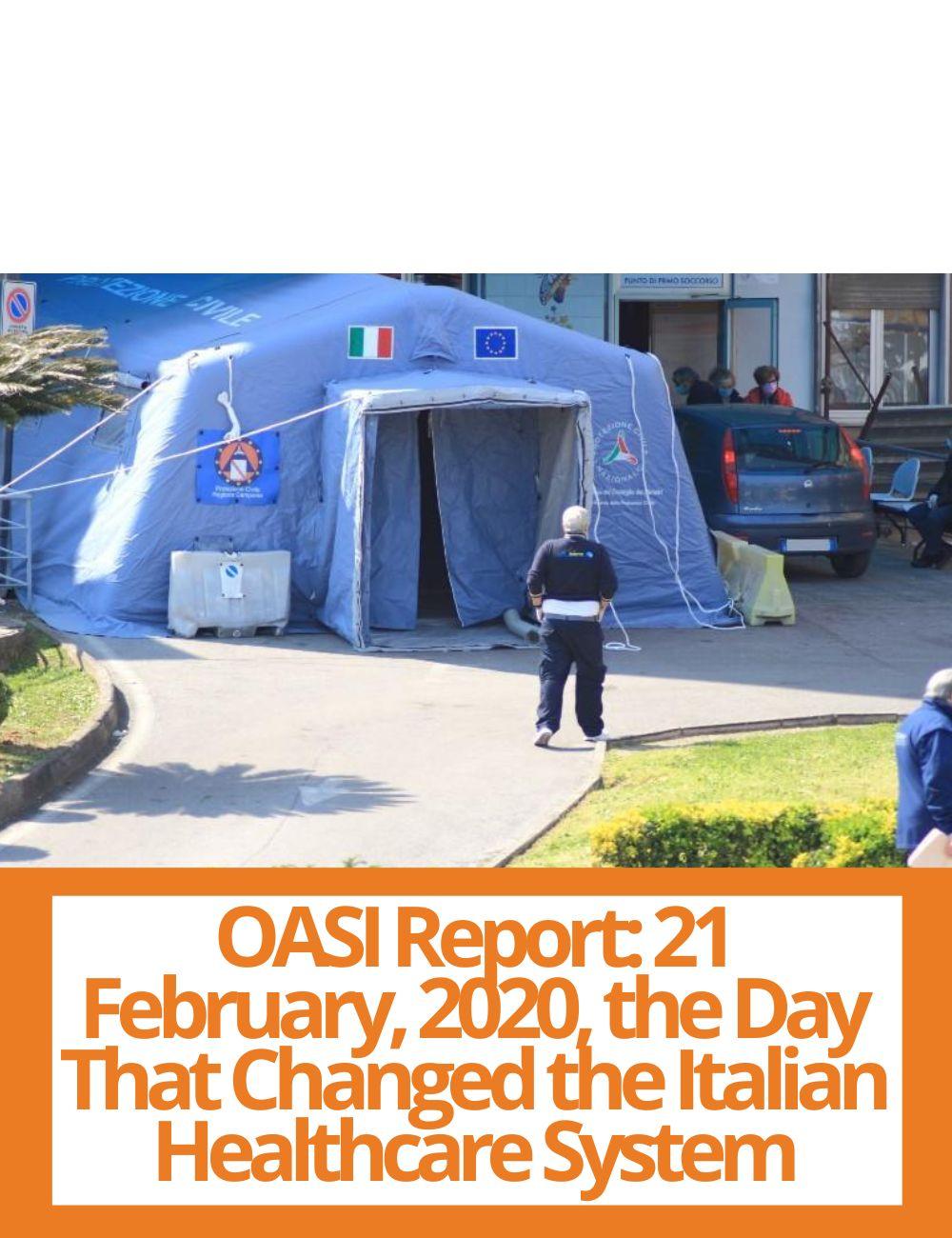
OASI Report: For a Health Care System Universal Not Just in Words
TODAY, ACCESS TO THE ITALIAN NATIONAL HEALTH SERVICE IS CONSTRAINED BY SCARCITY OF RESOURCES AND OFTEN DEPENDS ON INDIVIDUAL ABILITY TO NAVIGATE THE BUREAUCRATIC SYSTEM. DIFFICULT CHOICES ARE EMERGING, BUT THEY ARE GEARED TOWARD MAXIMIZING COLLECTIVE BENEFITThe supply of the Italian National Health Service (SSN) is already implicitly rationed, and in the coming years demographic trends are set to worsen the situation if Italy maintains the current Welfare structure, which sees a preponderant share of pension spending. The alarm is sounded by the 2023 edition of the OASI Report (Observatory on Italian Healthcare Organizations and System), presented this morning at Bocconi University.
Pensions absorb 15% of Italy's GDP and this spending, according to forecasts in the latest Update Note to the Economic and Financial Document (NADEF), will increase by 64 billion (+22%) between now and 2026. Such a share inevitably limits the scope for public investment in all other forms of welfare – primarily healthcare spending.
In fact, the growth in healthcare spending will not even compensate for inflation, going from 6.7% of GDP in 2022 to 6.1% in 2026, despite an increase of €8bln. “As of today, half of specialist visits and a third of examinations are already paid for by citizens,” said Francesco Longo, one of the two coordinators of the OASI Report, edited by researchers at the Center for Research on Health and Social Care Management (CERGAS) at SDA Bocconi School of Management. “We are in the paradoxical situation of giving the elderly relatively generous pensions, which will increasingly be spent on the medical care that the health service struggles to provide.”
With limited resources at its disposal (6-7% of GDP in Italy compared to 10-11% in France, Germany and the UK), the SSN has to take care of one of the oldest populations in the world. 24% of Italians are over 65, 40% declare at least one chronic condition, and 21% a polypathology. The number of dependent people is estimated around 4mln, “and the rate of coverage of their needs is insufficient,” Longo reckons. “Even adopting an optimistic criterion, the coverage rate is 37% at most. At least 62% of the population with functional limitations, estimated at 2.4mln people, receive no public services at all.”



These data and those on increasingly long waiting lists signal that “the supply of the NHS is already rationed, even if implicitly,” argues the other coordinator, Alberto Ricci. “We are facing a declared universalism that, in truth, is selective. This raises the dilemma, to be evaluated at the level of the individual service, of whether to set conscious priorities, geared toward identifying the most intense needs and responding to them effectively, or to continue to accept rationing dictated, more often than not, by chance or individual ability to navigate the bureaucratic system.” The steps necessary, and not painless, to achieve these goals are: a detailed analysis of the consumption of patients with homogeneous health profiles, to identify areas of over- and under-treatment, also considering in the count what is obtained under private arrangements; limiting prescriptions to what can actually be dispensed; streamlining procedures, making the moments of prescription and booking coincide.
A reorganization of services from a logic of performance to a logic of patient care would be a more efficient way of spending PNRR (the Italian Next generation EU program) funds than a service enhancement with no changes in the model, which would have no chance of proving sustainable in the long run.
by Fabio Todesco
